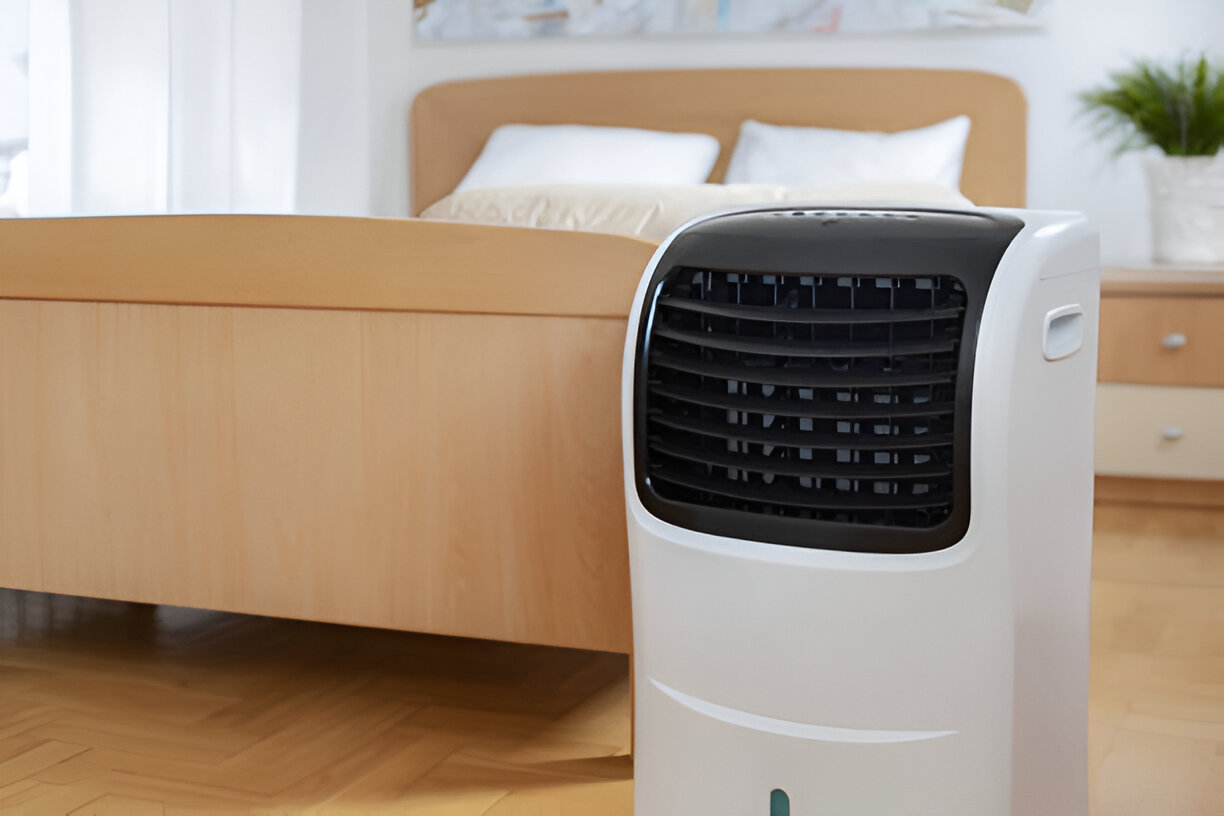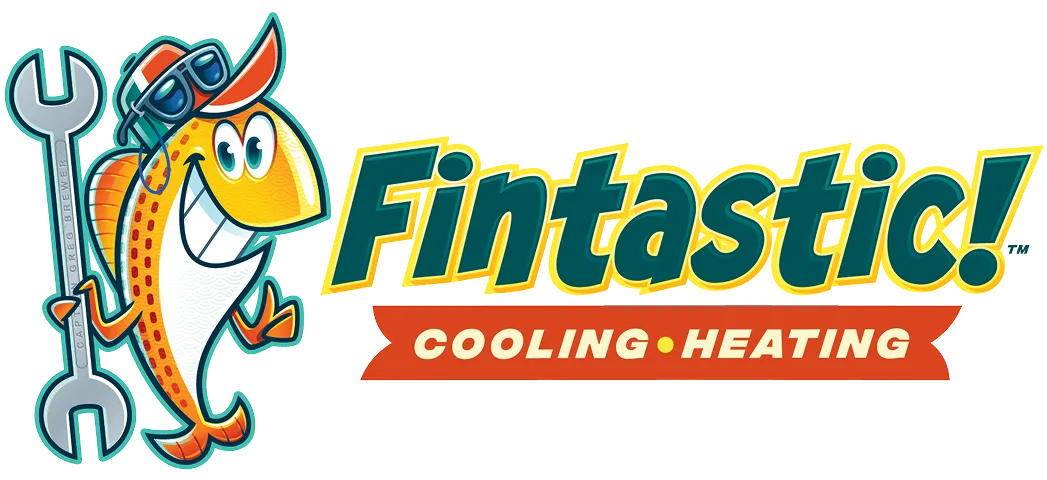Best Home Air Filtration in Lake Jackson, TX
Best Home Air Filtration in Lake Jackson, TX
Good indoor air matters in Lake Jackson, TX. Coastal humidity, seasonal pollen, and occasional smoke or industrial odors can make indoor air uncomfortable and worsen allergies, asthma, and respiratory irritation.

Why filtration matters in Lake Jackson, TX
- High humidity encourages mold and dust mite growth in attics, crawl spaces, and poorly ventilated rooms.
- Spring and fall pollen spikes bring elevated particulate levels that trigger seasonal allergies.
- Occasional regional wildfire smoke and nearby industrial emissions introduce fine particles and volatile organic compounds (VOCs).
- Hurricane season increases the risk of water intrusion and mold after storms.
A tailored filtration strategy addresses particles (PM10, PM2.5), allergens, mold spores, smoke, and gaseous contaminants to improve comfort and health in local homes.
Common air problems in Lake Jackson homes
- Persistent allergy symptoms during pollen season.
- Noticeable odors or chemical smells after industrial activity or yard work.
- Visible dust on surfaces and rapid re-accumulation after cleaning.
- Musty smells or mold growth after humid months or flooding.
- Lingering smoke after regional wildfires or nearby burning.
Filter technologies compared - what works best
- HEPA (True HEPA)
- What it is: Mechanical filter media that captures 99.97% of particles 0.3 microns and larger.
- Best for: Allergies, pet dander, pollen, dust, and wildfire smoke (PM2.5).
- Limitations: Does not remove gases or odors.
- Activated carbon
- What it is: Porous carbon media that adsorbs gases, VOCs, and odors.
- Best for: Chemical smells, cooking odors, VOCs from cleaning products and industrial emissions.
- Limitations: Minimal particle capture unless combined with a particulate filter.
- Electronic precipitators / ionizers
- What it is: Devices that charge particles then collect them on plates or make them fall out of the air.
- Best for: Reducing airborne particles without frequent filter replacement.
- Limitations: Some create ozone or reduce efficiency over time; not recommended as sole solution for sensitive households.
- MERV-rated HVAC filters
- What it is: Filters rated 1-20 for particle capture; common home furnace/AC filters are MERV 6-13.
- Best for: Ongoing filtration through your HVAC system; MERV 13 or higher can capture PM2.5 and many allergens.
- Limitations: Higher MERV increases resistance and may require HVAC evaluation for airflow compatibility.
- UV and photocatalytic systems
- What it is: UV light and catalysts aimed at killing microbes and breaking down some VOCs.
- Best for: Supplemental control of biological growth in ducts or near coils.
- Limitations: Limited impact on particulate removal and mixed results on VOCs.
Recommendation for most Lake Jackson homes: a two-stage approach combining a high-efficiency particulate solution (true HEPA or MERV 13+ in the HVAC) plus activated carbon for gases and odors. Avoid ozone-producing machines in allergy or asthma-prone households.
Diagnosing what your home needs
- Visual and symptom checks
- Notice who in the household has symptoms, when they worsen (outside vs inside), and which rooms are worst.
- Monitor basics
- Portable particle sensors and VOC meters give a snapshot of PM2.5 and airborne chemical levels.
- Inspect HVAC and building envelope
- Look for dirty coils, inadequate filtration, duct leaks, and moisture problems that promote mold.
- Consider occupancy and activities
- Pets, smokers, frequent cooking, hobby chemicals, or nearby industrial activity increase filtration demand.
A short diagnostic with a qualified HVAC technician can identify whether a whole-house upgrade or targeted portable units will deliver the best outcomes.
Installation and retrofit options for Lake Jackson homes
- Upgrade existing HVAC filter slot
- Install a high-efficiency MERV 13 filter if the system can handle the pressure drop. Have a professional verify blower capacity.
- Add a whole-house media air cleaner or HEPA retrofit
- Inline media units or HEPA housings can be installed in the return plenum for whole-house particle removal. Best for central HVAC systems.
- Standalone portable HEPA units
- Use in bedrooms, living rooms, and high-use areas to deliver targeted CADR and higher air changes per hour. Portable HEPA + carbon combos are flexible and fast to deploy.
- Dedicated carbon or VOC scrubbers
- Useful for houses near industrial zones or with persistent odors; these can be standalone or integrated into whole-house systems.
- Duct sealing and ventilation improvements
- Sealing leaks and adding balanced ventilation improves filtration effectiveness and indoor air quality. Consider energy recovery ventilators for humid months.
For older Lake Jackson homes with older furnaces or undersized systems, retrofit housings, or dedicated whole-house units are often the most reliable path to higher performance.
Cost vs benefit considerations
- Upfront costs vary by solution: portable HEPA units are lowest cost; whole-house media or HEPA retrofits cost more.
- Ongoing costs include filter replacements, electricity for fans and purifiers, and periodic service for electronic cleaners.
- Benefits to quantify: symptom reduction, fewer missed school or work days, less cleaning time, and lower risk of mold-related damage after storms.
- Energy and airflow impact: high-MERV filters and added equipment can reduce airflow unless HVAC is evaluated; factor possible blower upgrades into total cost.
- Lifespan and maintenance: true HEPA filters need regular replacement based on use; activated carbon life depends on exposure levels to VOCs.
Choosing the best value requires balancing the contaminants you need removed, system compatibility, and acceptable maintenance.
Seasonal and maintenance tips for Lake Jackson
- Replace HVAC filters on schedule; check monthly during pollen seasons.
- Run portable HEPA units in bedrooms at night for consistent allergen control.
- Keep indoor humidity between 30-50% to limit mold and dust mites; use dehumidifiers if needed.
- During wildfire smoke or high outdoor pollution, keep windows closed and run recirculation with HEPA-grade filtration.
- After storms, inspect attics, crawlspaces, and ducts for water and mold growth; remediate promptly.
- Avoid ozone-generating air cleaners, especially for homes with children or respiratory issues.
Final considerations
The best home air filtration in Lake Jackson, TX is the one that matches your household’s specific contaminants, building characteristics, and health priorities. For most local homes facing pollen, humidity-driven mold, occasional smoke, and odors from nearby industry, a combined strategy using high-efficiency particulate filtration plus activated carbon provides broad protection. Professional diagnostics and HVAC compatibility checks ensure long-term performance and energy efficiency while targeted portable units offer fast, room-level relief when needed.
Customer Testimonials
Our customers praise our exceptional service and attention to detail, consistently exceeding expectations.































































